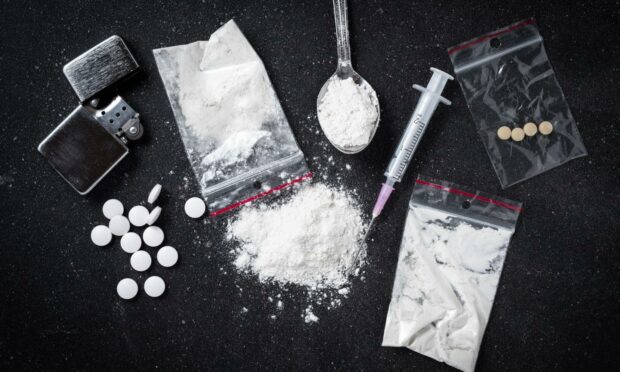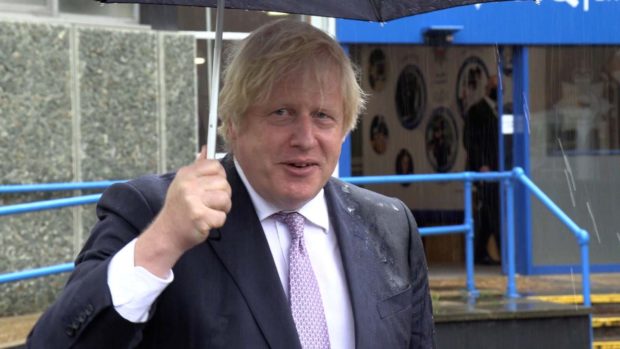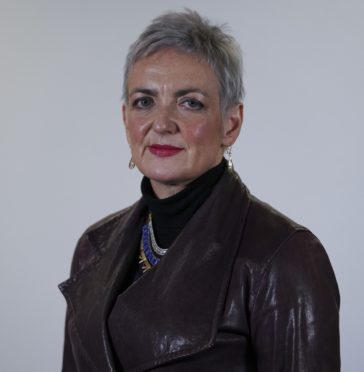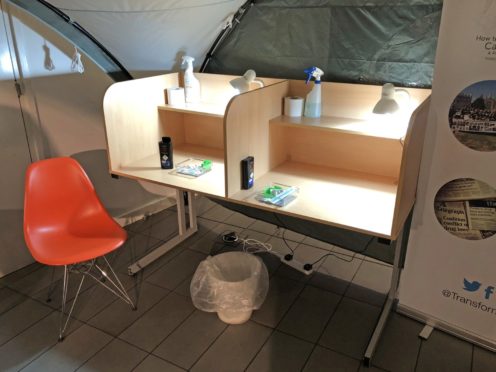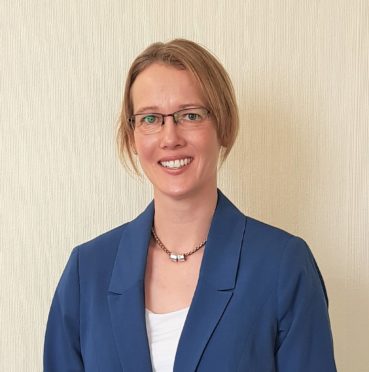Dundee and Aberdeen will host “pioneering” research for a project hoping to find out what is in Scotland’s illegal drugs.
Experts will work in the two cities and also Glasgow, to best determine how drug checking services could be used to lessen the harm caused by illicit substances.
Figures released earlier this month confirmed the country as having the worst rate of drug-induced death in Europe, with Scots at least 3.5 times more likely to die from drugs as anywhere else in the UK.
Drugs deaths have increased by 177% since the SNP came into government in 2007, with more than 10,000 people dying in the 14 year period.
Harm reduction
Drug checking is a scientific process which identifies purity, strength and make-up of a substance.
It is used already in European countries like the Netherlands and Switzerland, as well as in Canada.
The European model tends to be based in nightclubs and festivals, whereas in Canada there are “fixed sites”, which allow people using drugs to hand in what they have to be tested by experts.
This information is then collated regionally and nationally, so Canadian provinces can determine which types of drugs are being used and where.
In Scotland, it is hoped introducing a drug checking service would allow experts better insight into what is in the drugs being taken here, which would allow for better public health policy in tackling harm, as well as better understanding what is being dealt.
It could lead to “more tailored” warnings to those taking drugs as well as giving health professionals greater data, all of which could result in harm reduction, it has been claimed.
Tessa Parkes, Professor of Substance Use and Inclusion Health at Stirling University, is leading research into how the scheme could operate in Scotland.
She hopes, following the extensive feasibility trial, the process can be introduced here to give a better understanding into the substances being abused in this country.
She said: “The research we are doing is exploring how drug checking services work in the international context where they’re already being delivered.
“Most research which has been conducted in drug checking has been in festival settings and events.
“But more examples are happening internationally in what are called ‘fixed sight’ drug checking.
“We think drug checking would work using the research as part of a wide variety of harm reduction services. It would be integrated into other services a city or local authority is running to reduce overdose and drug harms.
“We are also interviewing people in each of the cities, to find out what local needs are.
“In Dundee we are speaking to people who use drugs, affected family members and service providers to find out what they think about things including where checking services might be located, who might use the services and what should be taken into account when developing services.
“So for example, should the checking service be inside a pharmacy?”
She added: “A drug checking service in Dundee would help us find out what drugs are in Dundee.
“It may well be services in Aberdeen or Glasgow would pick-up different drugs.
“Until we have drug checking on the ground, in a local context we do not know what is circulating.
“It is either word of mouth, where people think they know what they are taking by the shape, colour or taste, but it is not accurate.
“It’s only when we use checking methods we can find out what is actually in the drugs which are circulating.”
How to tackle
One issue facing the programme is a similar tale, involving the difference in how both of Scotland’s governments wants to approach drugs.
Holyrood advocates treating the issue as a public health concern, whereas Westminster continues to embrace drugs death as a criminal justice concern.
In order to protect workers involved in the drug checking scheme, a license would be required.
Multi-agency work is also needed to stop those bringing any drugs into a “fixed site” from being prosecuted.
An approach in New Zealand recently implemented means police now do not automatically have to prosecute those caught in possession of drugs.
In Canada, “fixed sites” are permitted, and are located across major cities including Toronto.
In Toronto, drug checking services are available at needle-exchanges and “supervised consumption areas” which Prime Minister Boris Johnson claimed if introduced would lead to “increased drug taking”.
Drugs policy minister Angela Constance said the Scottish Government was set to “defy” Westminster by introducing consumption rooms.
Professor Parkes added: “The reason we are partnering with Canada, is they have a very well-developed harm reduction policy, partly because of the opioid crisis for some time.
“(Canadian services) recognise issues with an ‘unsafe supply’, on purity and concentration, so the idea is there is a harm reduction using drug checking too.”
She added: “In the UK, there is not the legal framework in place. A Home Office requirement for licenses (is needed) that will allow for workers to have (permission) for possession and supply of drugs.
“What we need in Scotland is multi-agency partnerships are put in place to make sure those using the services and providing them are safe to do so without fear (of prosecution).
Project welcomed
Dr Emma Fletcher, director of Public Health at NHS Tayside said: “It is excellent news that this research has been funded. Drug deaths remain a significant public health concern and I am delighted that we are able to support the exploration of the feasibility of drug checking services here in Dundee.
“This work has the potential to further support people with problem substance use, to reduce harm, improve our understanding of circulating substances, and increase opportunities for people to engage with substance use support services in future.”
